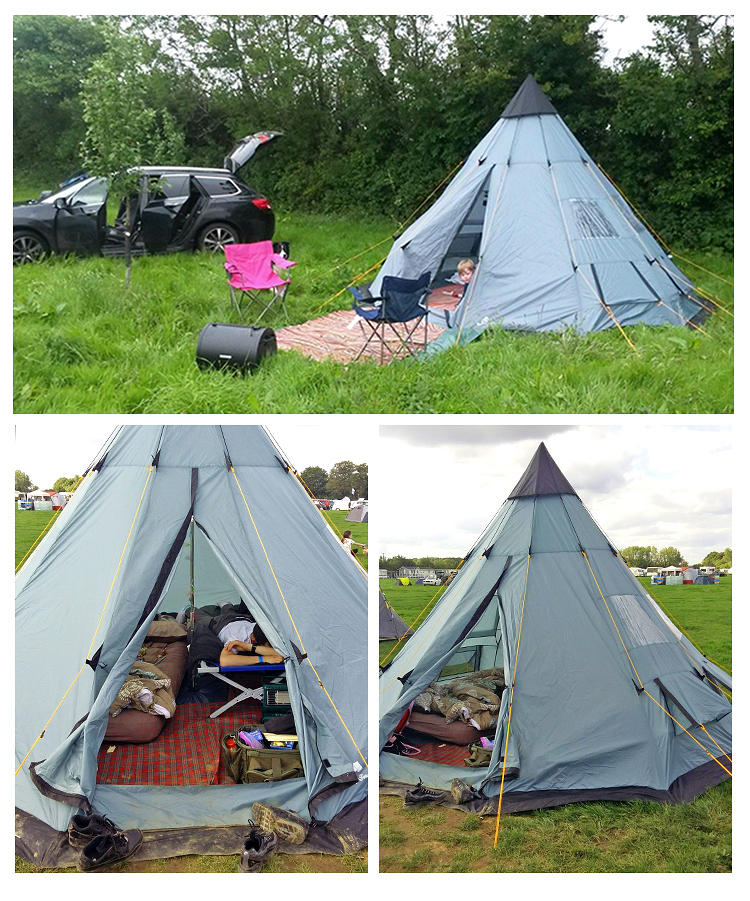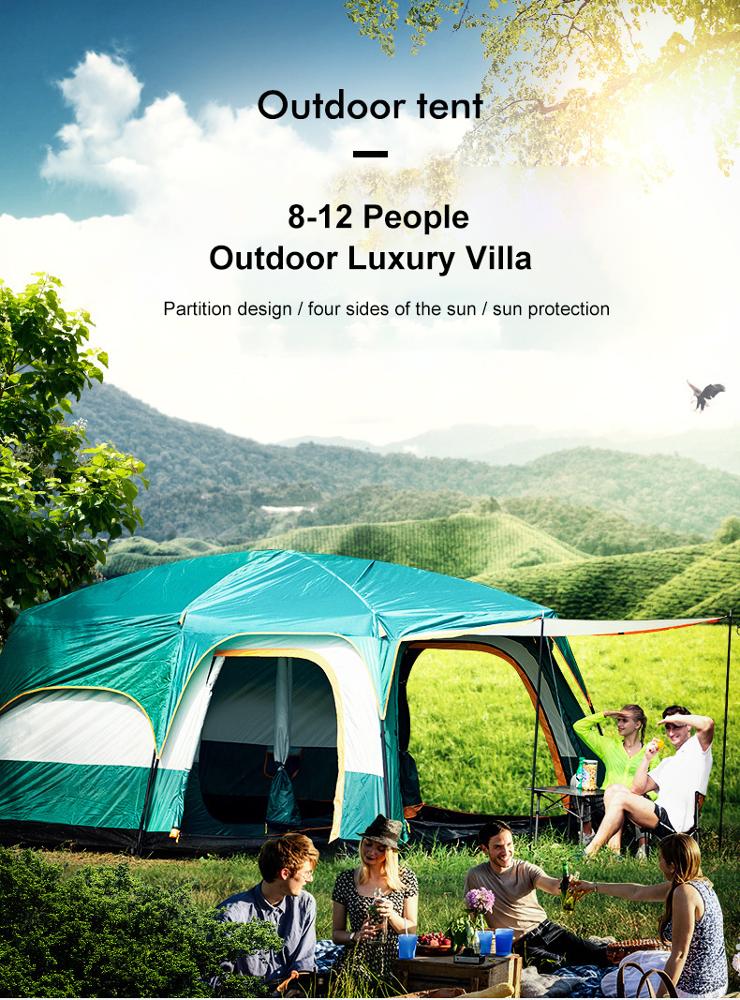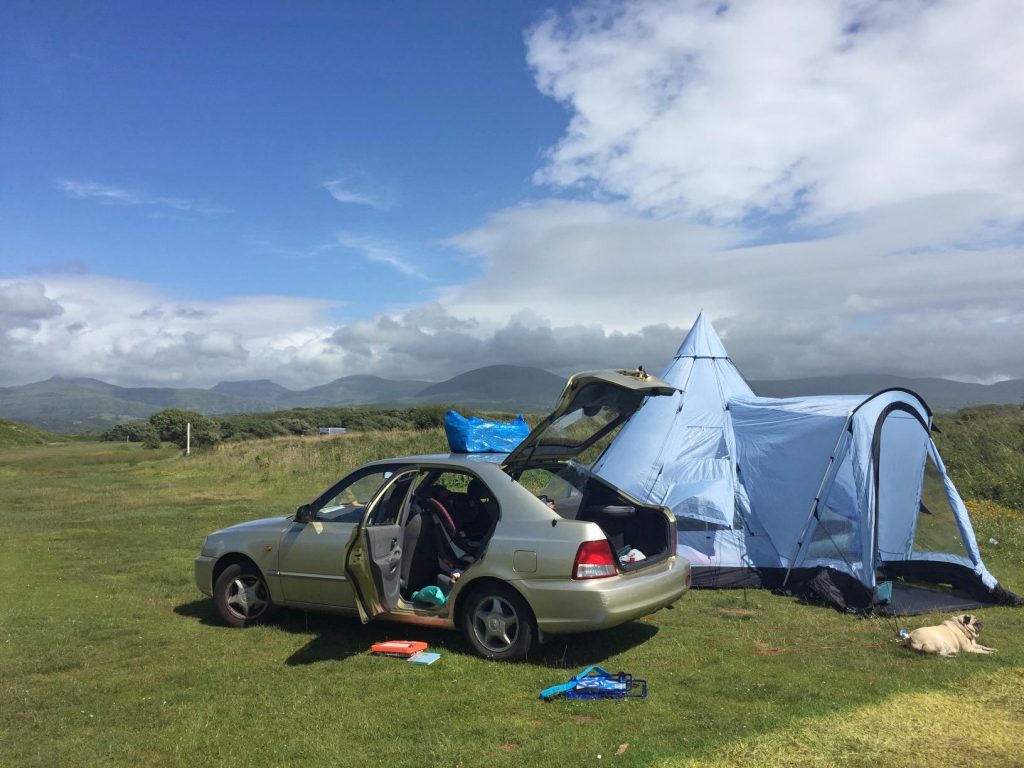Tourist tents should be collective equipment, owned by people who often participate in it and often have practical needs. Newcomers can participate in some activities and purchase them according to their needs after they have a certain amount of experience. Choosing a tent is mainly based on its purpose, considering its design, materials, wind resistance, and then considering its capacity (how many people can sleep), weight, etc.
When choosing a tent, the main considerations include durability, wind and rain resistance. Good three-season accounts include EuroHike series, Holiday, etc. Due to structural design defects, EuroHike is not very windproof (of course, it also depends on the camping skills). Holiday is a classic four-season account, but it has been discontinued for some reason. Most of the products on the market are fakes. Alpine tents are mainly used in winter. There are many brands on the market, with a mixture of fish and dragons, and the labeling performance is very good, but most of them are fake. Fake products do not always mean low quality. Sometimes you can still pick products that are worth the money. This requires vision, patience and luck.
Choose to use
1. The size of the tent Whether the space provided by the tent is appropriate is the most important indicator of choosing a tent. How tall are you? When you are lying comfortably in a sleeping bag, will the tent provide enough length? Is the vertical space enough? Will you feel flustered when you sit in it? You plan to spend it in the tent The longer the time, the more space you need for the tent.
If you go to a cold place, you may want to prepare dinner in a tent, you need that kind of tent with special vents. Making a little hot coffee or instant noodles can make people feel comfortable, but if you use the stove in the tent, there must be enough space in the tent to ensure safety. Tent manufacturers often overestimate the number of people the tent can hold. A tent that is nominally used by 1 or 2 people often means that when one person uses it, it is enough; but when two people use it, all the equipment and food may be thrown out of the tent. This is a question that must be considered when choosing a tent.
2. The weight of the tent When buying a tent, don’t forget that you have to take the tent to your camping site. If you travel by car, it means you can live more comfortably, because you can bring a heavier and larger tent; but if the tent has to be carried on your shoulders all day, then the weight problem will become a major problem. Bringing a tent that is too heavy and more than necessary can only bring pain to the journey.
If you just plan to sleep in a tent for a few hours, you don’t need to bring a big tent; if you just want to rest in a tent, you can bring a cheaper and lighter tent. However, to build a camping base, it is necessary to use vehicles to transport some large and expensive tents.
Some travelers drive to campsites, lakes, seasides and other picturesque and livable places, and live in tents for a few weeks. In this case, the tents will feel more at home. Everyone hopes Stay more comfortable and spacious.



